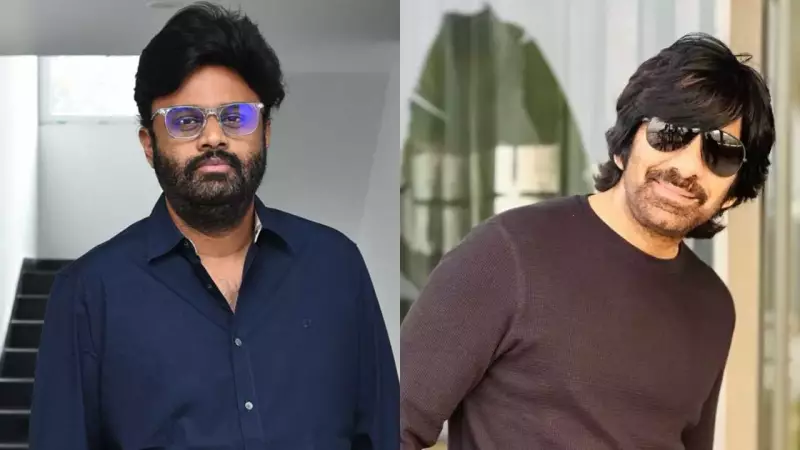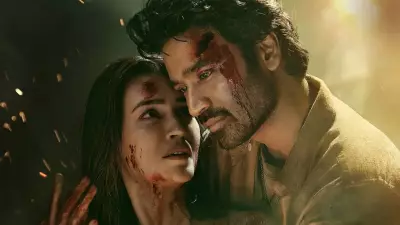
In a surprising turn of events, Tollywood's Mass Maharaja Ravi Teja has thrown his weight behind producer Naga Vamsi's controversial statement about the Telugu film industry's limitations. The actor made headlines when he openly agreed with Vamsi's claim that their upcoming film 'Lokah Chapter 1' would have met with failure if made exclusively in Telugu.
The Bombshell Revelation
During a recent media interaction, Ravi Teja didn't hold back his thoughts on the current state of Telugu cinema. The actor confirmed that he completely agrees with producer Naga Vamsi's assessment about the challenges facing regional language films in today's competitive market.
"When Naga Vamsi stated that 'Lokah Chapter 1' wouldn't have worked if we had made it purely as a Telugu film, he was absolutely right," Ravi Teja revealed. This candid admission has sent shockwaves through the Telugu film industry and among fans.
Understanding the Pan-India Strategy
The discussion highlights a growing trend in Indian cinema where filmmakers are increasingly opting for pan-India releases rather than focusing on single language markets. Ravi Teja emphasized that the changing audience preferences and market dynamics have forced filmmakers to think beyond traditional boundaries.
"Today's cinema needs to appeal to a wider audience base. The pan-India approach isn't just a choice anymore - it's becoming a necessity for big-budget projects," the actor explained during his conversation with media representatives.
What This Means for Telugu Cinema
This revelation raises important questions about the future of regional cinema in India:
- Are single-language films becoming commercially unviable?
- How can regional cinema adapt to changing market demands?
- What does this mean for upcoming Telugu filmmakers?
Ravi Teja's support for Naga Vamsi's statement indicates that even established stars recognize the need for strategic thinking in film production and distribution.
The Bigger Picture
The actor's comments come at a crucial time when the Indian film industry is witnessing a significant transformation. With OTT platforms and changing viewer habits, the traditional approach to filmmaking is being challenged across all regional industries.
Ravi Teja's endorsement of this viewpoint shows that even mass heroes are willing to adapt to the evolving landscape of Indian cinema, prioritizing commercial viability over regional pride.





